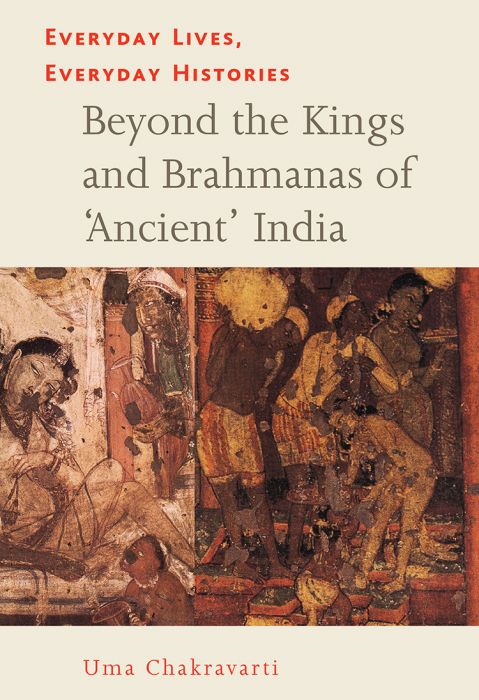Everyday Lives, Everyday Histories
May 2012
6.25 x 9.5 inches
(xxx+330) 360 pages
ISBN : 978-81-89487-95-9
This volume of essays moves the historiography of ancient India in the service of a history of the present. The cultural onslaught of a Brahmanical saffron culture within popular discourse, and the fight against entrenched class and caste interests led by women, Dalits and other marginalized groups, frame this battle for ‘ancient’ India. Through an in-depth analysis of myths and original sources, the author provides novel grounds for contesting the foundations of such charged concepts as ‘nation’, ‘civilization’ and ‘womanly honour’. Reading against the grain of canonical sources, she presents a distinctive reading of lesser-known Buddhist Pali texts, the Jataka stories, and even contemporary texts like the TV serials Chanakya and Ramayana, to demonstrate the stratifications in early Indian society.
The book brings to light several crucial concepts and categories that make possible a sensitive delineation of social alienation, class antagonism and gendered violence in ancient Indian society. The everyday lives and histories of dasas, karmakaras, ‘a’grihinis, bhaktins and gahapatis provide an understanding of ancient India away from the clichéd invocations of ideal kings, brahmanas and pativratas.

'This is the triumph of Uma Chakravarti's work: she creates the spaces for radical re-readings, points to new texts for interpretation and lays the groundwork for what some of us take for granted today as gender, class and caste-sensitive histories [...] In it, all the pieties of 'Indian womanhood' circulated by Orientalists, nationalists and historians in their accounts of 'ancient India' are blown out of the water as Chakravarti calls for a rigorous, class-specific and materialist account of women in early India. Arguably, this is the hallmark of this volume and Chakravarti's project as a historian: to take the sexist and orthodox cliches about kings, brahmanas and "Indian culture" and explode them with the help of a more plural and diverse set of contextualizations, often from sources either outside of the hegemonic or from below.'
Ashley Tellis, Social Scientist , vol. 35, no. 5/6, pp. 67–70, May–June 2007
